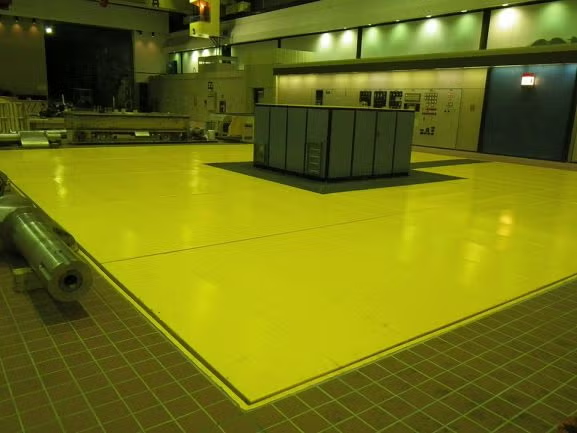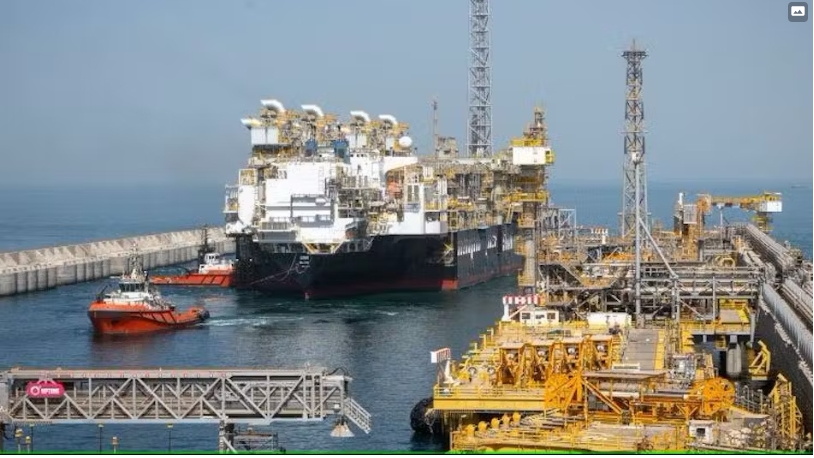
The agreement extends Québec’s access to power from the existing Churchill Falls generation facility and includes plans for expanded capacity. New developments will add power through upgrades at Churchill Falls, the construction of a new station on the same site, and a facility at Gull Island. Together, these projects will generate 9190MW, with Hydro-Québec purchasing 7200MW and Newfoundland and Labrador Hydro receiving the remaining 1990MW.
Hydro-Québec will pay an average net cost of 4 cents per kilowatt-hour (kWh) for power from the existing Churchill Falls site (adjusted to 2024 dollars). Electricity from the new developments will cost an average of 11 cents/kWh, well below the 13 cents/kWh forecasted in Québec’s Action Plan 2035. Combining the costs of both existing and new sources, the average price for Labrador power will be 6 cents/kWh – 50% less than other renewable alternatives.
The agreement not only ensures low-cost energy but also enables Hydro-Québec to cap annual residential rate increases at 3%, while limiting commercial and industrial increases to between 4% and 5%. This affordability will help maintain competitive electricity rates for households and businesses alike.
Indigenous collaboration and environmental mitigation
Hydro-Québec emphasized its commitment to working transparently with Indigenous communities in both Québec and Labrador throughout the development process. The company pledged to involve Indigenous partners in project studies and implementation, addressing environmental concerns and supporting traditional activities through employment and economic partnerships.
By adding the hydropower outlined in the agreement to projects already included in Action Plan 2035, Québec will have over 11,000MW of additional renewable energy by 2035. This energy supply will support the province’s efforts to meet growing electricity demand, decarbonize its economy, and maintain its leadership in the global energy transition.
Hydro-Québec CEO Michael Sabia called the agreement a “win for citizens, the economy, and future generations,” highlighting its role in securing affordable, sustainable energy. “In an increasingly uncertain world, it’s an advantage for Québec to have greater certainty over its energy security,” Sabia said. He also reaffirmed Hydro-Québec’s confidence in controlling construction costs and ensuring the projects remain financially sustainable.
Next steps
The agreement in principle, while non-binding, provides a framework for further discussions. In the coming months, the parties will continue to engage with Indigenous communities and conduct detailed analyses to finalize a definitive agreement.







